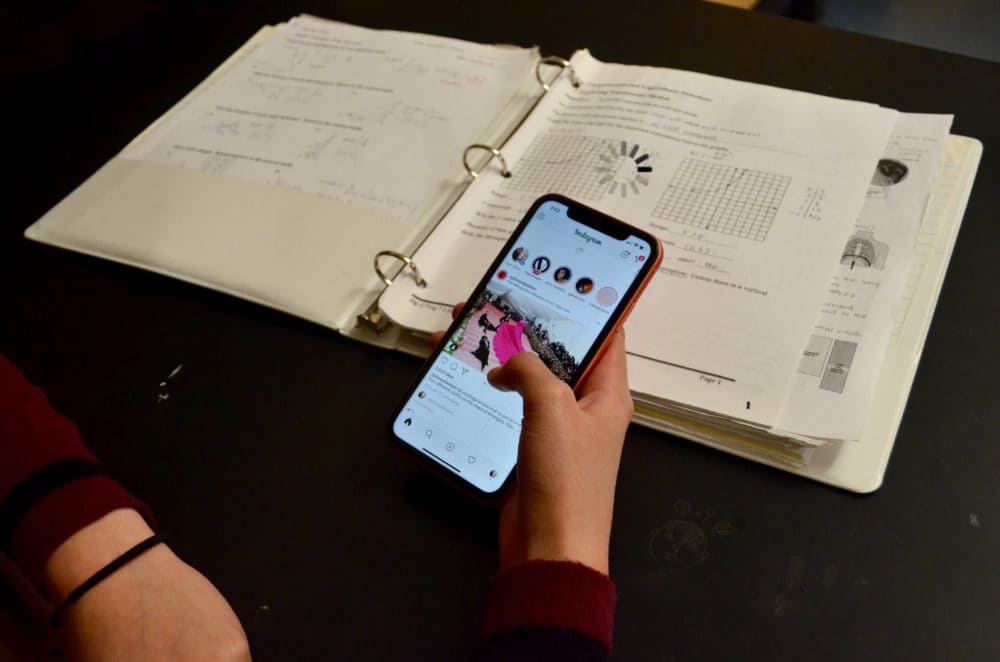In today’s fast-paced digital world, attention spans are shrinking. The constant barrage of information from smartphones, social media, and other digital distractions makes it difficult to focus on one task for an extended period. This shortening of attention spans can have significant negative impacts on our productivity, mental health, and overall quality of life. Let’s explore why short attention spans are a problem and how we can take steps to fix them.
The Impact of Short Attention Spans
1. Decreased Productivity
When we can’t focus on tasks for long periods, our productivity suffers. Frequent switching between tasks, also known as multitasking, can lead to more mistakes and lower quality work. Studies show that it can take up to 25 minutes to refocus on a task after being distracted.
2. Increased Stress
Constant distractions and the pressure to multitask can increase stress levels. The brain becomes overwhelmed trying to manage multiple streams of information, leading to mental fatigue and burnout.
3. Poor Learning and Memory
Short attention spans negatively impact our ability to learn and retain information. Deep, focused learning requires uninterrupted periods of concentration. Without this, our understanding and memory of new information suffer.
4. Reduced Quality of Relationships
The inability to focus during conversations can weaken relationships. Being distracted by devices during interactions can make others feel undervalued and ignored.
How to Fix Short Attention Spans
1. Practice Mindfulness and Meditation
Mindfulness and meditation can help improve focus and concentration. These practices train the brain to stay present and reduce the tendency to get distracted. Even a few minutes of meditation each day can make a significant difference.
2. Limit Digital Distractions
Set boundaries with technology. Turn off non-essential notifications, designate specific times for checking emails and social media, and create tech-free zones or times, especially during meals or conversations.
3. Use the Pomodoro Technique
The Pomodoro Technique involves working in focused intervals, typically 25 minutes, followed by a short break. This method helps improve concentration and prevents burnout by balancing work and rest.
4. Prioritize Tasks
Make a list of tasks and prioritize them. Focus on completing one task at a time before moving on to the next. Breaking tasks into smaller, manageable steps can also help maintain focus.
5. Engage in Regular Physical Activity
Exercise has been shown to improve cognitive function and focus. Physical activity increases blood flow to the brain and helps reduce stress, making it easier to concentrate on tasks.
6. Practice Deep Work
Schedule blocks of uninterrupted time dedicated to deep work. During these periods, eliminate all potential distractions and focus solely on the task at hand. This practice can help train your brain to concentrate for longer periods.
7. Get Enough Sleep
Adequate sleep is crucial for cognitive function, including attention and focus. Aim for 7-9 hours of quality sleep each night to ensure your brain is well-rested and capable of maintaining attention throughout the day.
8. Stay Hydrated and Eat Healthily
Proper hydration and nutrition play a role in cognitive function. Dehydration and poor diet can lead to fatigue and decreased concentration. Ensure you’re drinking enough water and eating a balanced diet rich in brain-boosting nutrients.
Conclusion
Short attention spans are a growing problem in our digital age, but with conscious effort and the right strategies, we can improve our ability to focus. By practicing mindfulness, limiting distractions, and prioritizing our tasks, we can enhance our productivity, reduce stress, and lead more fulfilling lives. Take control of your attention span today and experience the benefits of a more focused, mindful approach to life.
